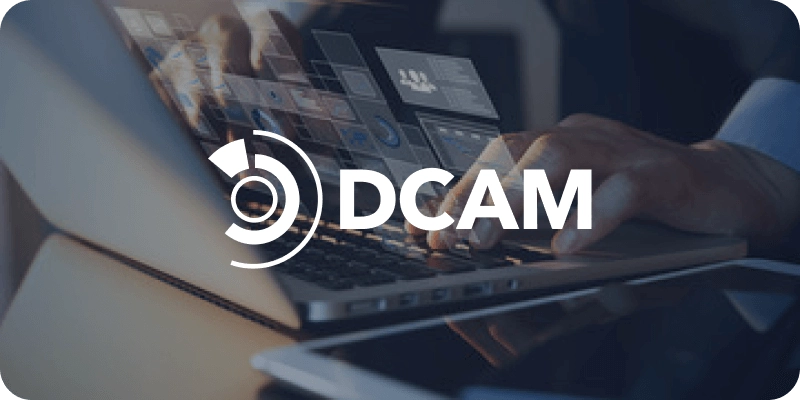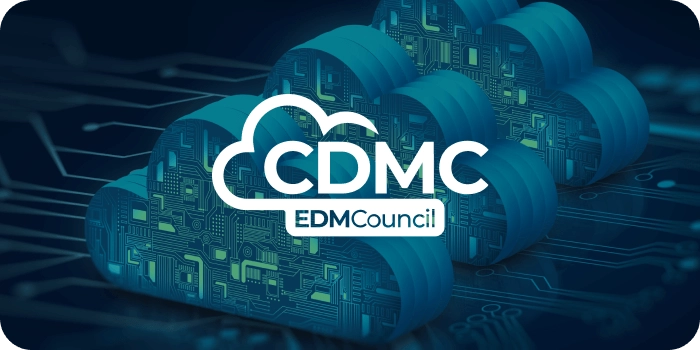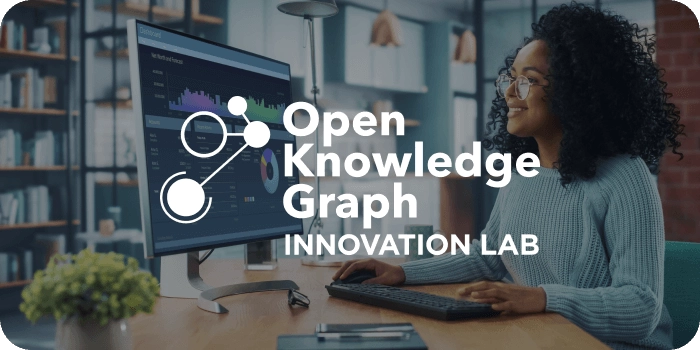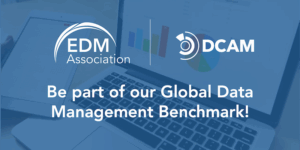Details
Join us for an EDMWebinar in partnership with Informatica on how managing Regulatory Compliance with trusted data can transform your cloud journey. Discover how organizations can navigate today’s compliance requirements while strengthening their data and AI governance.
In this webinar:
- Learn about global developments in regulatory legislation and potential impact on organizations’ data management.
- Hear about the latest trends, market insights and state of AI governance and what this means for regulatory compliance.
- Understand the importance of trusted data for regulatory compliance to drive business value.
Explore how today’s AI-powered solutions, such as Informatica’s Intelligent Data Management Cloud (IDMC), are enabling data leaders to build confidence in their regulatory compliance strategy.
Speakers



Post-event summary
The webinar titled “Achieving Regulatory Compliance with Trusted Data in the Cloud,” was hosted by EDM Association and Informatica and focused on the growing importance of regulatory compliance, data governance, and artificial intelligence in modern organizations. The webinar featured expert insights from speakers:
- Mark Kettles, Senior Global Product Marketing Manager, Informatica
- Steve Holyer, Data Platform Leader EMEA, Informatica
- Moderator: Jim Halcomb, President, EDM Council
Jim opened the webinar by framing the discussion around how compliance is evolving alongside technology, especially as organizations grapple with new regulations and frameworks. A key early question addressed the Digital Personal Data Protection (DPDP) Act in India, which underscored the global nature of compliance challenges and the need for adaptable, hybrid solutions. Mark highlighted that their Intelligent Data Management Cloud (IDMC) was designed for both on-premise and cloud deployments, supporting organizations regardless of infrastructure choices.
Steve expanded on this by connecting data governance with AI readiness, noting that regulatory compliance is “all about data. It’s about understanding the data that you’ve got to be able to answer that regulatory requirement.” He stressed that AI governance cannot be divorced from data governance, since transparency and traceability of inputs are essential to mitigate bias and meet regulatory scrutiny. Using a metaphor from The Hitchhiker’s Guide to the Galaxy, Holyer emphasized that organizations cannot simply accept an output like “42” without being able to demonstrate how it was derived. Informatica, he explained, provides the architecture to ensure that organizations know exactly which datasets were used, how they were processed, and how results can be defended to regulators.
The session detailed Informatica’s IDMC platform and its AI engine, ClaireGPT, which enables natural language querying of metadata, automation of data quality checks, and privacy-protecting features like auto-tagging and redaction. Importantly, Informatica is embedding agentic AI into its solutions, allowing businesses to automate repetitive compliance processes, generate regulatory reports, and strengthen data observability. Case studies such as RS Group demonstrated how Informatica’s integrated approach helps unify data across disparate systems, improving governance, compliance, and operational efficiency.
Speakers emphasized that regulatory compliance has moved from being a defensive cost center to becoming a strategic business driver. By automating processes and improving data quality, organizations can reduce risks, build stakeholder trust, and gain competitive advantage. Mark summarized this perspective by asserting that “compliance is no longer just a legal requirement, it’s a business imperative, not just a cost center. It’s a strategic driver of business productivity.” This framing resonated throughout the discussion, reinforcing that compliance, governance, and AI readiness are inseparable pillars for modern enterprises.




